If you are a cat owner, you may have a cat who snorts or snores occasionally. For some cats (and in certain situations) this can be normal. But noisy breathing in the form of a snort or a snore can also be a sign that your cat might need a check-up with your veterinarian, especially if there are other symptoms as well. Let’s look at the possible reasons for snorting noises in cats:
The reasons why cats snort
While certain breeds are simply more likely to snort than others, snorting is also caused by obstructions in the airways. Hairballs and bits of grass can get stuck in the nasal passage or the trachea. Infections and allergies may also contribute to breathing problems.
Breed
Some breeds of cats have short noses or flat faces and are known as brachycephalic. This face shape can make them generally noisy breathers because their airways are quite compact and their tongue, soft palate, and other soft tissue of the nose and throat are squashed into a small space.
This isn’t necessarily a cause for concern unless the noise worsens, or they seem otherwise unwell. However, it may mean that you need to monitor your cat more closely during hot weather or at times of stress. If you see frequent discharge from the nose, incessant coughing or sneezing, or a loss of appetite, those would all be signs that you should call your veterinary clinic.
Hairballs
If your cat is trying to bring up a hairball, it can sometimes be accompanied by snorting sounds as well as gagging and coughing. If the snorting doesn’t settle and no hairball is produced, it would be sensible to get your cat checked over. If your cat is prone to hairballs, try brushing them more regularly and ask your veterinarian for an anti-hairball treatment.
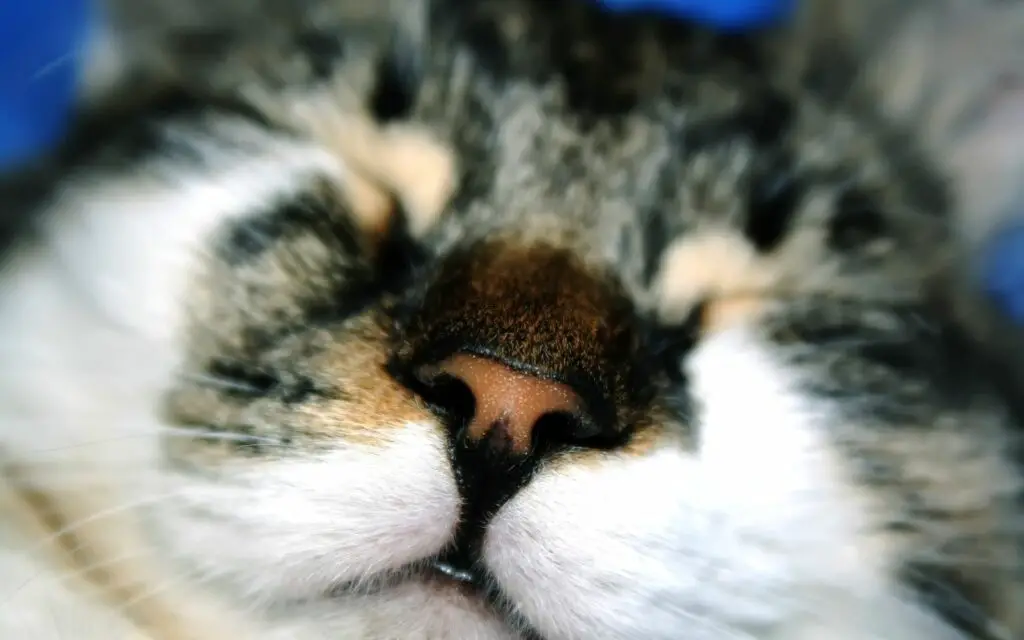
Grass and other plant material
Blades of grass, as well as seeds and other foreign objects, can occasionally find their way into your cat’s nasal passages or throat. Sometimes this can cause snorting. If you notice your cat has suddenly started sneezing, snorting, or pawing at their face, or if they suddenly have discharge from their nose, do contact your veterinarian, especially if the nasal discharge is bloody.
Recommended: Why do cats gag at the sound combs?
Allergies
Snorting can be a reaction to irritation of the lining of the nasal passages, known as rhinitis. One of the most common types of rhinitis amongst cats is due to allergies and is known as ‘allergic rhinitis’. These allergies could be to anything, although pollen, dust, cleaning chemicals, and air fresheners are common. If you notice that your cat is snorting, sneezing, or breathing more noisily soon after you use an air freshener or other household chemicals, remove them from the environment and speak to your veterinarian for advice.
Infection
Another type of rhinitis that cats are prone to is infectious rhinitis. Normally this type of rhinitis would be caused by viral infections, although bacterial infections also occur less frequently. If your pet has rhinitis caused by infection, as well as having a discharge from the nose, they may act a bit under the weather. You might notice that they are off their food and lethargic just like people are when they have a fever.
Interaction with other animals
Snorting may also be used as a defensive response when cats are faced with an undesirable situation with other animals or predators. In these scenarios, snorting is similar to a mechanism known as puffing the tail, which is a warning signal. These body languages are designed to keep your cat safe by scaring off any potential threats.
Snorting vs. snoring
Although both a snort and a snore are a form of noisy breathing, the main difference is that a snort is usually more forceful, and often intentional, to dislodge something from the airways or clear some irritation.
Snoring, on the other hand, is a harsh sound that occurs when air flows past tissues in the throat, causing them to vibrate. All animals snore occasionally, but for some, it can be a chronic problem caused by their face shape or narrow airways
Conclusion: cats and snorting
There are many reasons why your feline friend might snort, and some are nothing to be concerned about. However, if the snorting is new and persistent, or your cat has other symptoms of being unwell, it is important to seek the advice of your veterinarian in case there is an underlying medical reason for snorting that needs to be treated.

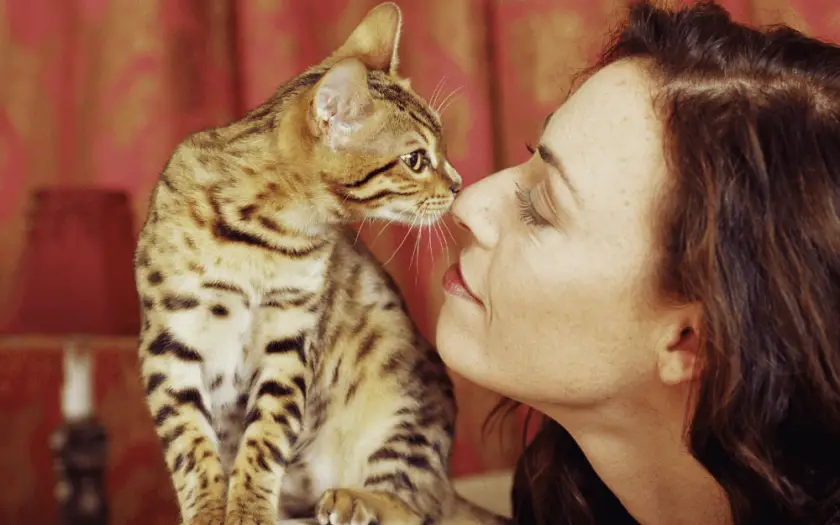
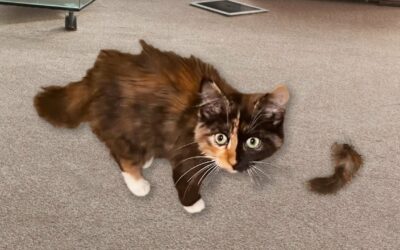
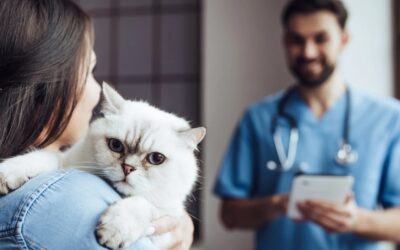
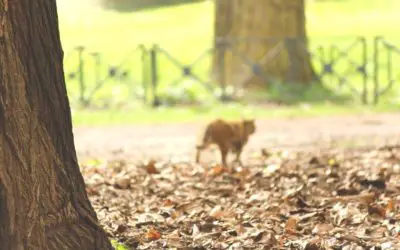

My cat is 14yrs old male he is sneezing once a day and snorting he was given metacam which helps but about 6 weeks later the above returns he is eating using tray in himself it is not affecting at all he is purring.I was hoping you may have an idea to what you think is causing this.I have a dehumdifier running only at night the level is 79%when it should be between 45%-50% not sure if this could be the problem I really hope you can give me some advice please. Thank you.
Hi Wendy!
We try not to give medical advice in the comments, as such things are best left to a qualified veterinarian. If you suspect your vet did not make the right diagnosis, I can always ask Hannah or one of our other vet writers for their opinion. Feel free to email me at [email protected] and be sure to mention as many details as you can.
I will say, if your cat is only snorting and sneezing once a day and it doesn’t get worse over time, I don’t think there’s much cause for concern. It could be something airborne that’s triggering a mild allergic reaction.
Catpointers